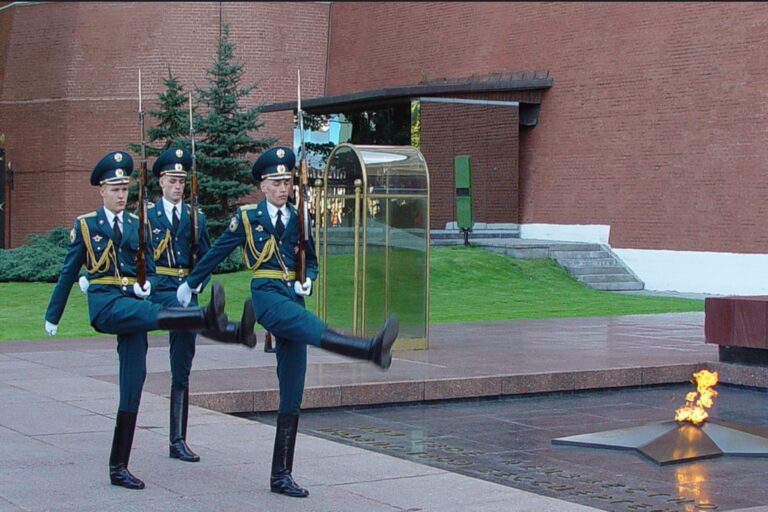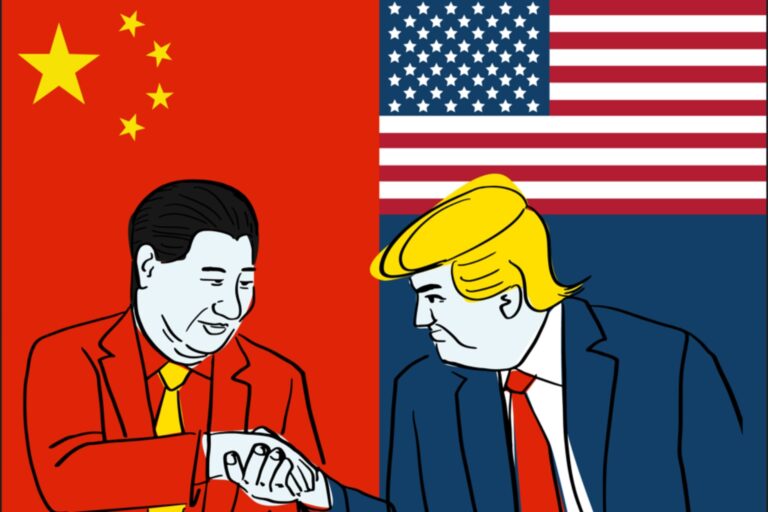The final installment of a three-part series on NATO by Nic Wondra. See the first and second articles.
A different NATO might restore a solidarity lost with the invasion of Iraq. The alliance’s moral credibility and the credible threat of hard power deployment are central to ensuring that NATO has a future. This might be achieved through a rebranding, a reorganization, a reconstitution of the alliance, or a combination of all three. In every case, America’s relationship with the rest of the alliance must be assessed. Recent quips during the US Republican campaigns against the alliance and its members have discounted the security contributions of other states and given more, not fewer, reasons to question America’s dedication to the alliance as a partner and not a hegemon (see Gov. Perry speaking on Turkey). One thing is for certain: NATO is here to stay in some way, as disbanding it is not feasible and no country would be in favor of this.
A re-branding of the alliance might take the form of a public diplomacy push in peripheral countries, including projects such as the Partnership For Peace programs. Changing public and policy-makers’ perceptions about NATO will be fundamental to its role in the future. Will it serve only as a defense and consultative body, or will it serve as a training and good-governance sort of institution? This is the easiest option, because it requires no substantive change in the organization’s structures, but only a change in its presentation.
Reorganization, or a change in the nature of membership, is also an option to make the NATO structure more relevant. This may be the least advisable option because it can be likened to an “inner” and an “outer” circle of countries in the bloc. This could increase security for the “inner” circle which would reaffirm its participation in the pact, but could lead to serious security misgivings on the part of excluded or periphery states. The advantage to such a reorganization it that it could make the most inner circle attractive. This allows more policy choices to states, especially those states where politicians are suffering due to NATO backlash and mission creep. The less-secure track would provide some security reassurance for the state while also providing useful political distance from the alliance.
Reconstitution seems like the median option, which would not endanger the unity of the bloc. A “two-track Europe” is already feared, and expanding that discussion to the security sphere could prove disastrous for the continent’s institutions. The goals, limitations, and decision-making can be re-assessed, however, to provide other states and actors a clear understanding of NATO’s abilities and interests. Establishing a more transparent policy apparatus with clear policy goals, rather than trying to be everywhere, is a better play than responding to crises everywhere and then needing to backtrack due to overreach. While less eloquent commentators might say that this is “letting the other guys win,” this should instead be an affirmation of NATO’s modern roles and goals. It should be the equivalent of a mission statement, but be specific about regions and topics of interest to the alliance.
The most likely thing is a continuation of the NATO status quo. In terms of international relations theory, a reorganization would not be necessary until a large-scale war occurs, necessitating security institution reform. But would it not be a goal of all NATO members to avoid a war or anything approaching war at all costs? Would a unilateral change by the alliance make it a more effective alliance? With Russia itching for more representative government and China eager to call out the west as imperialists, the time to change NATO has scarcely been more advantageous. To give other great powers continued reason for making anti-western pronouncements is illogical, particularly when it can be done with no real compromise in security. To do so would weaken support for repressive government and incentivize a kinder, gentler politics in countries that have wanted it for so long. The status quo is the easiest option but it pays no real dividend. It is time for NATO to usher in the real peace dividend. With financial pressure across the bloc, what time could be better for a reassessment of the NATO of old?
Written by Nic Wondra
Nic Wondra is a first year MA candidate in Russia & Eurasia studies. He was a Fulbright Scholar to Georgia and studied at Cornell College.



